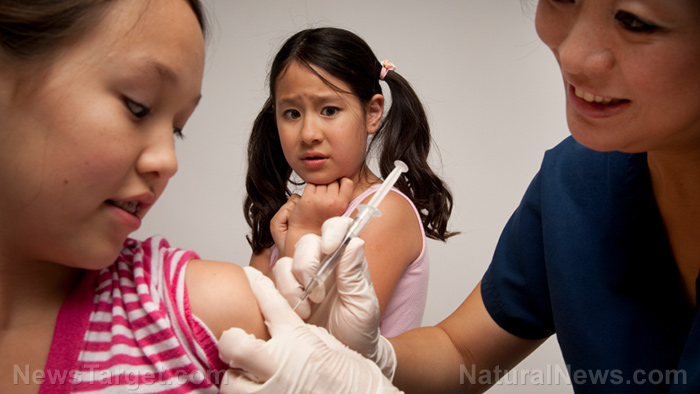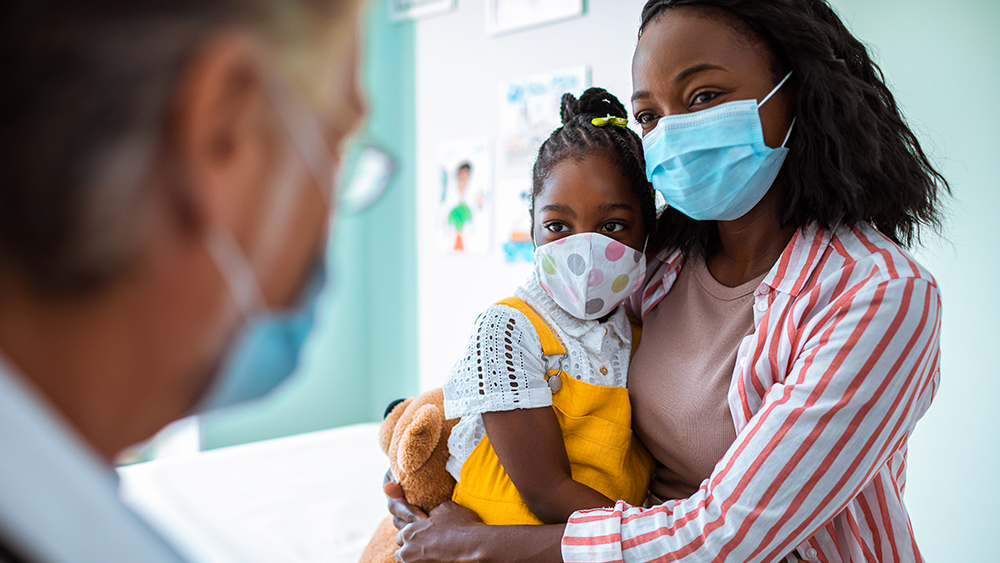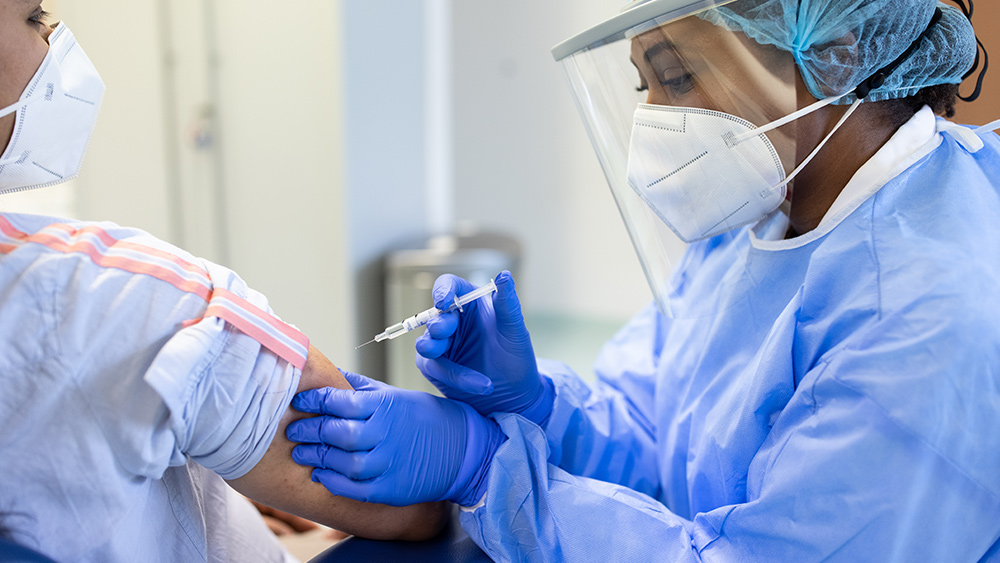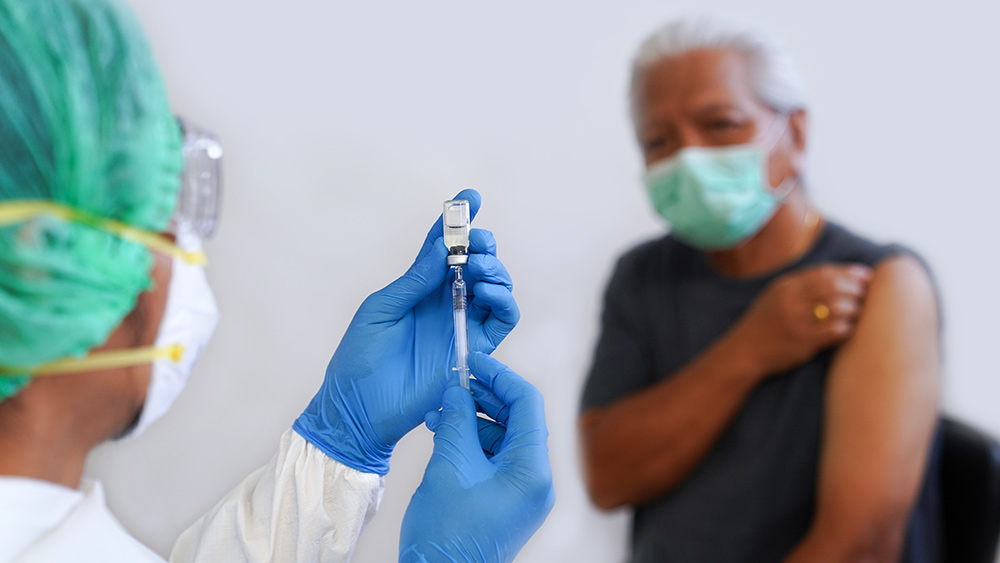Children exposed to pesticides have increased risk of autism
08/02/2019 / By Cassie B.

In the biggest epidemiological study to date on the link between pesticide exposure and autism, researchers have discovered that children who are exposed to pesticides both in the womb and in their early years have a higher chance of developing the condition.
The increased risk in question is not a small one. In fact, pregnant women who lived within just 1.2 miles of an agricultural area in California that is highly sprayed with pesticides had children with a 10 to 16 percent greater likelihood of developing autism. Moreover, these children were 30 percent more likely to develop a severe type of autism that affects their intellectual ability.
The study showed that the early years of a child’s life may matter even more in this regard. Children who were exposed to pesticides in their first year of life saw their risk of developing autism rise by a remarkable 50 percent.
The study looked at roughly 3,000 children with autism born between the years of 1998 in 2010, and compared these children to 35,000 others without the condition. They looked at exposure to 11 pesticides in particular that have already been linked to intellectual impairment. These include chlorpyrifos, permethrin, and diazinon.
The researchers found that the greater risk held true even after accounting for factors like the economic status of the mother and whether she lived in a rural or urban area. Although the study did not set out to establish pesticide exposure as the cause, the connection is hard to ignore.
Why is chlorpyrifos still sprayed on crops?
California is one of several states that has moved to ban chlorpyrifos. The pesticide has a link not only to autism but also other health risks. There have long been calls for the federal government to ban the chemical. In an inexplicable turnaround, the EPA announced last month that it would not ban the pesticide despite its own scientists previously concluding that it should indeed be banned. The body claims that it is carrying out another review of the risks, but it won’t be completed until 2022.

Choosing organic is vital for pregnant women and children
Even low levels of exposure from consuming conventional produce has a link to cognitive and developmental problems in children and infants alike, and a safe level of exposure for pregnant women and children has not been found. It is also been linked to behavioral issues, learning problems and inattention.
Unfortunately, pesticide exposure is a lot harder to control than behaviors like smoking, and many pregnant women aren’t even aware that they’re being exposed to these chemicals. Exposure via contact with spraying can be hard to avoid, but women can and should avoid eating produce that has been treated with pesticides.
Choosing organic food can make a difference. The Environmental Working Group’s Dirty Dozen List is a good starting point. This list ranks the produce with the highest amounts of pesticide residues.
This year’s list was topped by strawberries, followed by spinach and kale. These three foods grow low to the ground and are more likely to be exposed to insects, which makes them vulnerable to heavy pesticide contamination. The group found that 92 percent of conventionally grown kale tested contained at least two pesticide residues, with some having as many as 18.
Other produce that made the list included grapes, nectarines, peaches, pears and apples. Pregnant women should make sure that they buy the organic varieties of such foods for themselves and their babies once they are old enough for solid food.
As the EPA’s turnaround in its stance on banning toxic chlorpyrifos illustrates, regulators cannot be depended on to ensure the safety of our food supply. Expectant and new mothers need to take matters into their own hands and do everything they can to monitor and reduce their exposure to all pesticides to give their children a healthy start.
Sources for this article include:
Submit a correction >>
Tagged Under:
autism, autism causes, autism risk, child health, Chlorpyrifos, EPA, food supply, mental health, mind body science, pesticide exposure, pregnancy, stop eating poison, toxic chemicals, toxic ingredients
This article may contain statements that reflect the opinion of the author





















